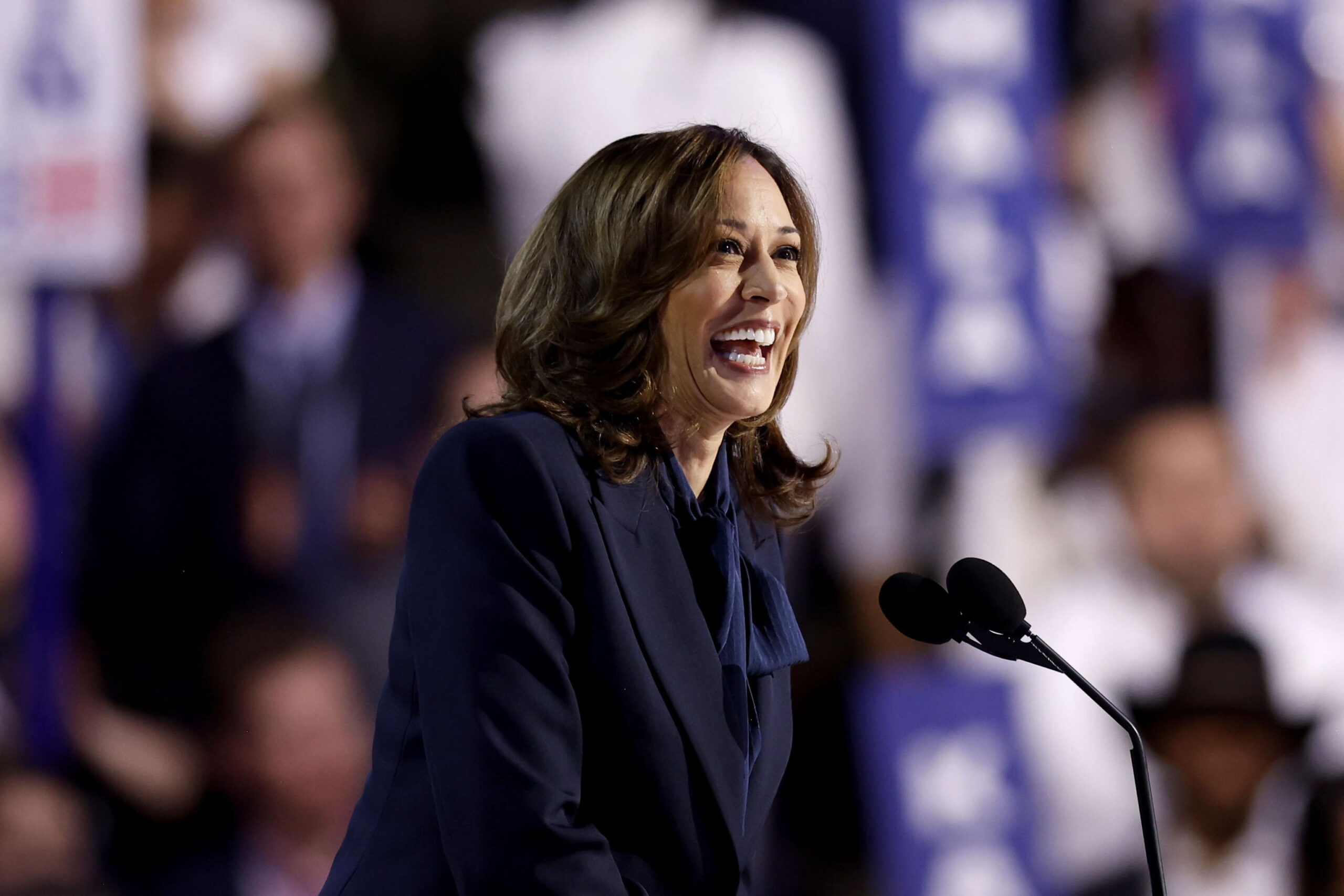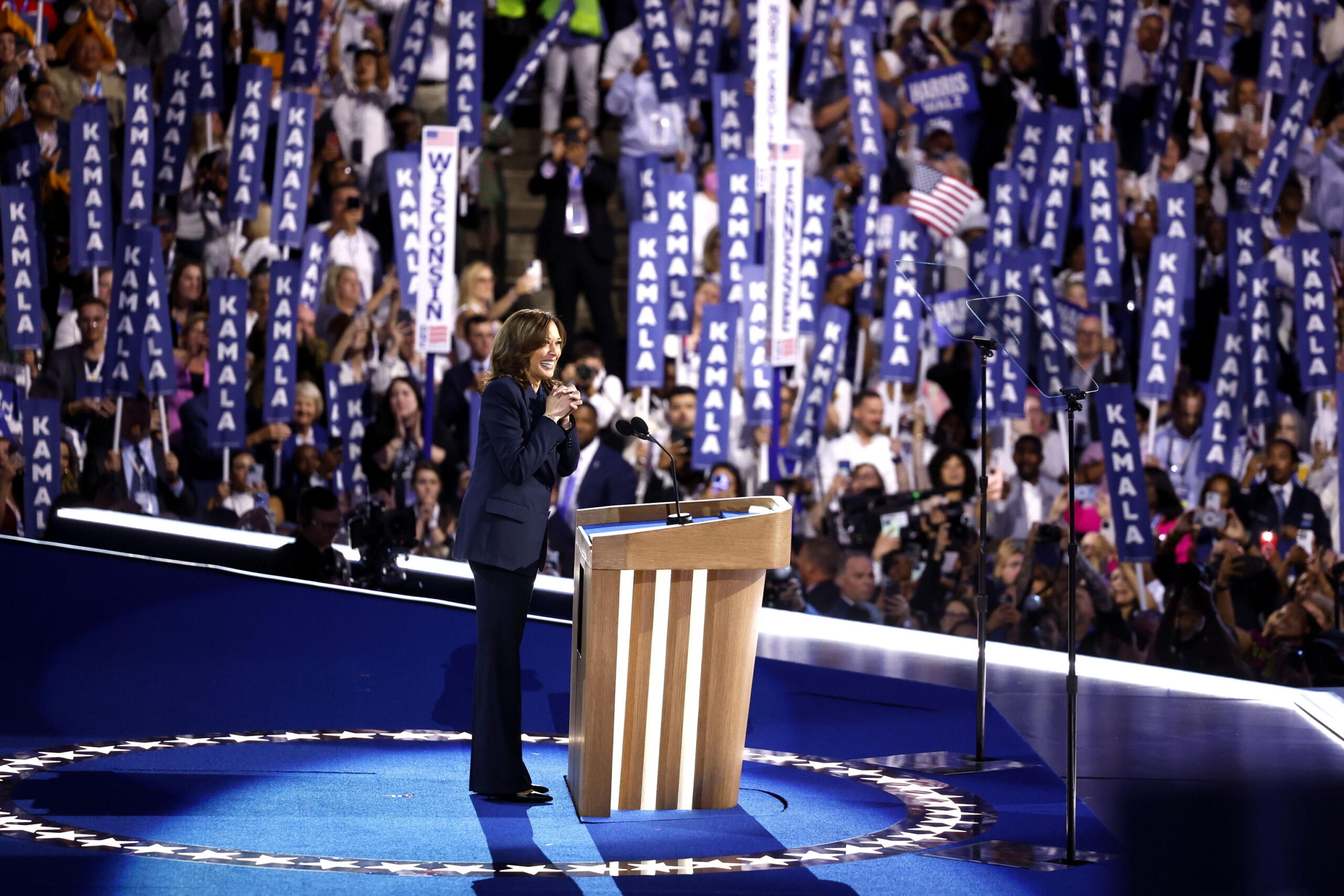A highly anticipated interview, but without risks and without surprises. The one published yesterday, Thursday August 29, by the Democratic candidate for the American presidency Kamala Harris and her deputy Tim Walz. Thanks, or fault, also to the friendly network CNN and journalist Dana Bash. Her opponent Donald Trump called her “boring,” but without gaffes or slip-ups. The only “new thing” was the appointment of a Republican to her administration, as Barack Obama did with Robert Gates as defense minister. “I've spent my career inviting diversity of opinion. I think it's important to have people at the table who have different opinions and experiences when some of the most important decisions are being made. And I think it would be a benefit to the American public to have a Republican member of the cabinet,” he said. In the 27-minute interview, Harris defended Joe Biden's actions, but also said that “Americans are ready to move on.”
Foreign policy
On foreign policy, there were no questions about Russia’s invasion of Ukraine. On the situation in Gaza, Harris reiterated that “an agreement must be reached for a ceasefire and the release of Israeli hostages” held by Hamas. “The president and I are working day and night to reach an agreement,” he added, reiterating Israel’s right to defend itself and reviving the two-state solution. However, there will be no change in the supply of American weapons to Israel. No embargo, then. Harris then made it clear that she wants to tighten immigration policies. And she pledged to “respect and enforce the laws on people who cross our border illegally,” even though she has previously favored decriminalization. “There should be consequences,” the Democrat said, accusing Trump of having derailed the rigid bipartisan agreement to strengthen border security.
Climate change and middle class
To Republicans who accuse her of frequently changing policy positions, Harris assured that “her values have not changed.” For example, she gave the example of always believing that “the climate crisis is real, an urgent problem,” citing the Biden administration’s laws and investments in the area. And he promised, with a change of heart, that he would not ban “fracking,” the controversial technique for extracting gas and oil from rocks that fuels a key industry in the swing state of Pennsylvania. “We can develop clean energy without banning it,” he stressed. But the priority, if she is elected in November, will be one: supporting the middle class. “On my first day in the White House, the priorities will be to strengthen the middle class, to grow an opportunity economy, to invest in businesses, in the supply chain, in families. People are ready to move forward, driven by hope and optimism,” he concluded.



